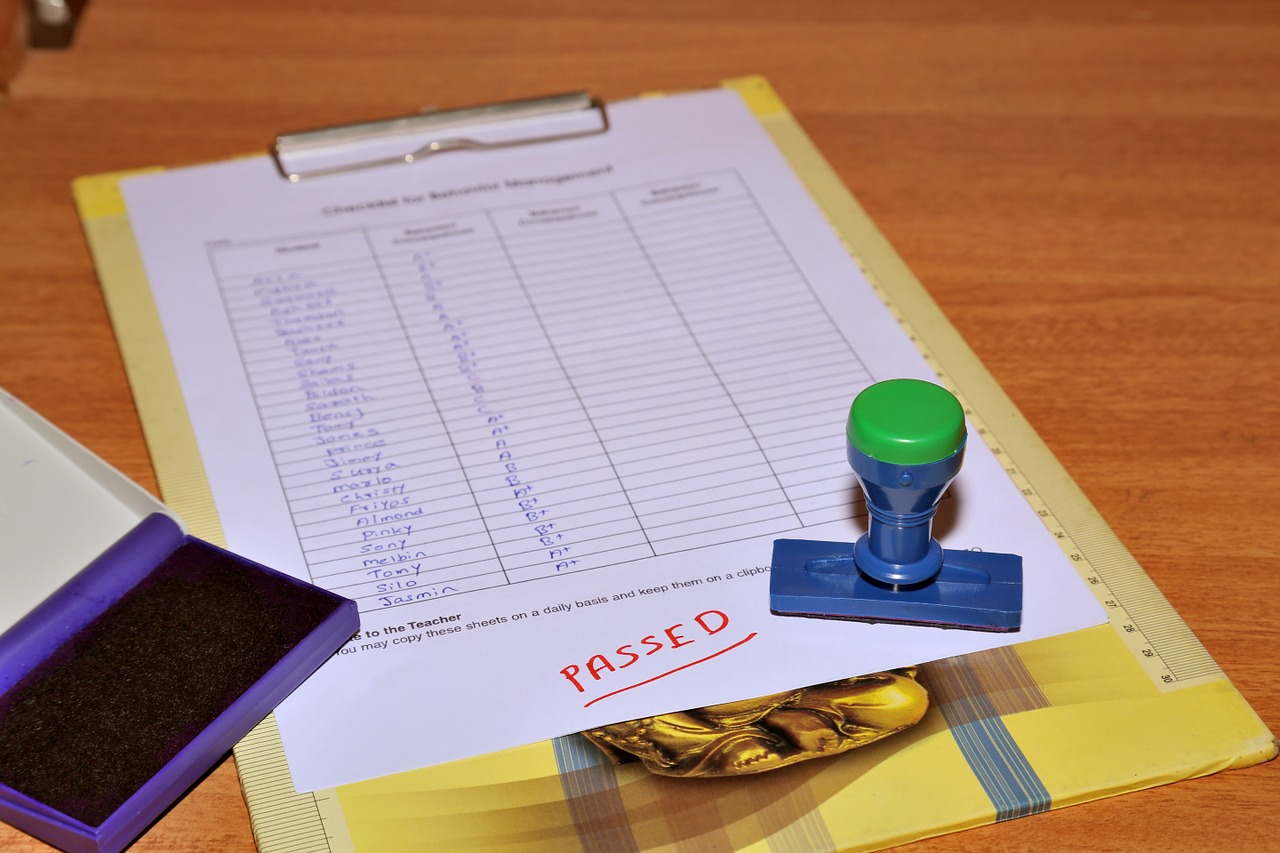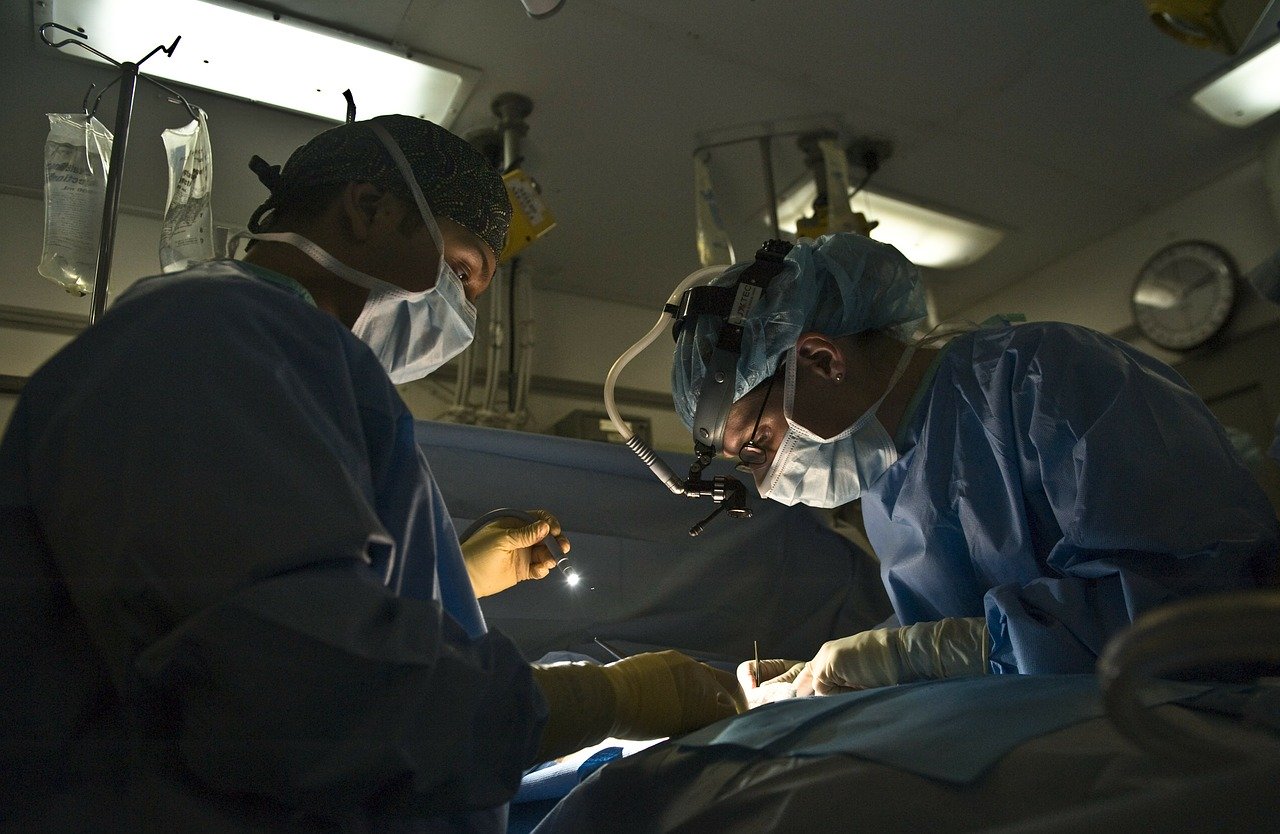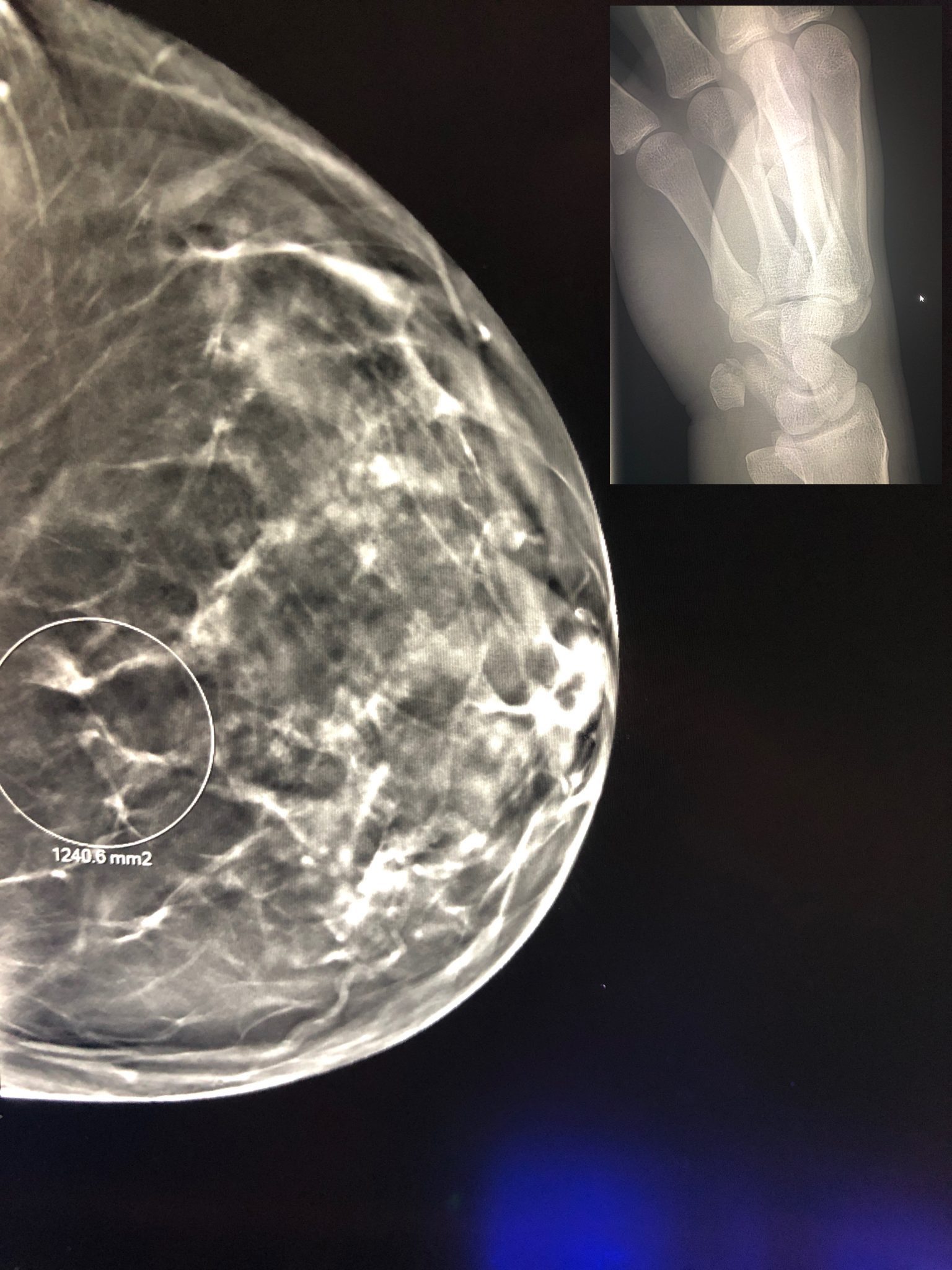
Questions About USMLE Scores, Fellowship, And Prestige:
Hi Dr. Julius,
Thank you so much for making this website and posting all this valuable information to help out medical students/residents in the radiology community. I’ve been following your website for a long time now, and you have no idea how much I’ve learned from your posts.
I’m currently at a university DR program, and I did undergrad and med school at this same university (both undergrad and med school ranked top 20, DR program ranked around 30 by Doximity). I’m between neuro and breast fellowship, haven’t decided which one, but they are both considered pretty good programs at my university. However, I always feel like I could have gone to a better residency program and couldn’t stop wondering what would it be like if I went to a better fellowship. However, my USMLE scores are on the lower side. I do have excellent evaluations from radiology attendings; some of them even wrote “one of the best residents in the class, if not the best.”
My first question is, how vital are USMLE scores in fellowship application? I do have several research projects and have been going to several conferences each year (either with leadership positions or abstract presentations). I’m hoping to submit two research papers early next year (currently PGY3). I’ve also been involved in med student teaching, as well.
The second question is, should I go somewhere else for fellowship, knowing I may not get into a better program than my home program? I admit the number one reason I want to go somewhere else is for my ego. I want to go somewhere even better and well known. For my career path, I think I want to do private practice first then retire to academics later in life. But if I could find a good academic job that pays well, I might go directly into academics (indeed not my program as new attendings are very poorly paid here)- looking forward to your reply.
From the resident who probably overthinks,
Thank you.
Answer:
USMLE Scores And Fellowship
To answer your first question, every time you move up another level, test scores become less and less relevant. That said, the fellowship programs would most like to see that you have passed your core exam. Why? Because it will interfere with the year of the fellowship. And, just as critically, the fellowship program is partly responsible for your passing or failure of the exams you take during the time that you are there. Luckily for you, most fellowships don’t know your core exam results because the match is before you take them! So, that is one positive.
Also, most programs will take your USMLE score with a grain of salt (unlike residency) because you have already made it to the level of a resident. Residencies use USMLE scores as a way to discriminate between institutions because it is an equalizer. It allows the programs to figure out if someone coming from a less competitive school has the abilities that someone coming from a more competitive school does. You are pretty much past that point as a radiology resident. You’ve already made it!
On the other hand, over time, recommendations become more and more crucial. The right one will get you a spot in almost any fellowship program. The same for a residency or medical school usually does not have any near as much power.
My Philosophy About Fellowship
Just as an aside, let me give you my philosophy about any training program. Residencies, fellowships, etc. are what you make of it. Better, in regards to a training program, is exceedingly difficult to evaluate. Unless, of course, one is missing the critical equipment, faculty, or resources to teach the subspecialty. But, that is rarely the case. Most fellowships have to meet stringent criteria so that they can teach fellows. A good fellow will be a good fellow at almost any reasonable program.
Fellowship, Prestige, And The Job Market
For the next question, should you go somewhere else for a fellowship? Many residency directors have a different take on this. But this is mine. I believe that the reason to go to another institution has very little to do with prestige. Instead, the best reason to work at another institution is to see how they do things differently in another place. I find that learning multiple distinct approaches to radiology is critical for succeeding as a fully trained radiologist. And, one of the best ways to get that experience is to have worked at multiple institutions.
Prestige plays a more significant role if you want to become a chairman of an academic radiology department. Believe it or not, becoming a chair at a private practice can be not only less competitive but often undesirable because it means a lot of extra work for minimal reward. You have to go to all the hospital meetings and field all the complaints about the department. It can be a thankless job! (Although some like it).
Moreover, in today’s market, the prestige of the training program has little to do with your future private practice job prospects. You will be able to find a great job coming from almost any fellowship as long as you train and do reasonably well.
My two cents,
Barry Julius, MD
















